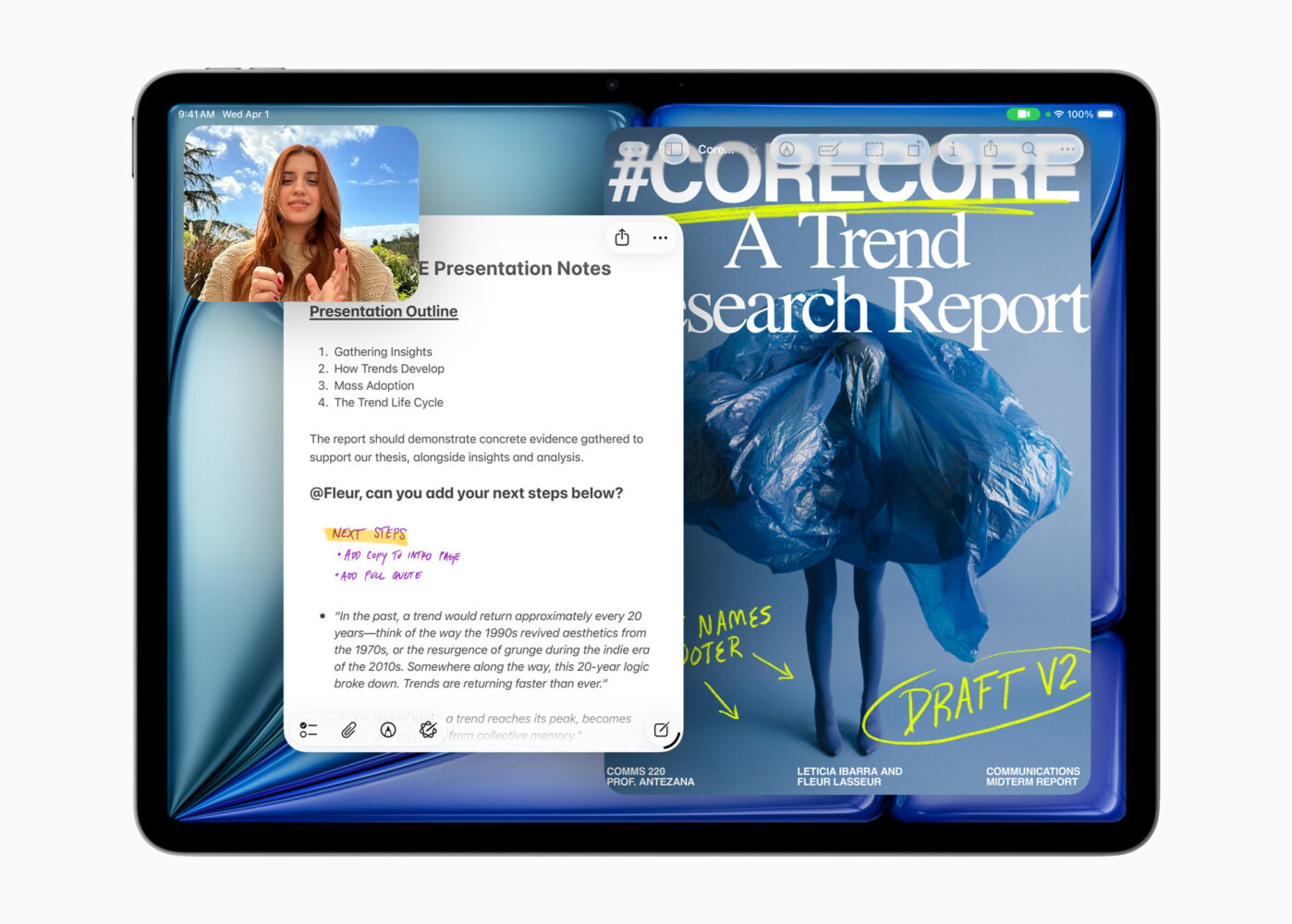Google is rolling out major updates to its Translate app, bringing AI-powered features designed to make multilingual conversations smoother and more practical. The changes are powered by Gemini, Google’s latest AI model, and they build on real-time translation technology first showcased with the Pixel 10 series.
The centerpiece is an overhauled live conversation mode. Previous iterations of the feature often felt clunky, requiring users to pause deliberately between speakers. Now, Translate can automatically detect natural breaks in speech, manage overlapping dialogue, and adapt to different accents and pacing. Google says the system is also tuned for noisy environments, such as cafés or busy streets, where translation apps often struggle to keep up. The goal is to make back-and-forth dialogue feel less like using a machine and more like a real conversation.
Alongside the improved translation flow, Google is introducing a new learning-oriented feature: language practice mode. This tool transforms Translate from a simple utility into something closer to an educational app. Users can set their proficiency level and goals, and the app will generate tailored listening and speaking exercises. While the beta launch is limited to a few language pairs, such as English-to-Spanish and English-to-French, the move signals Google’s intent to position Translate as both a communication aid and a language tutor.
These updates also reinforce Google’s strategy of extending its most advanced AI tools beyond its hardware ecosystem. While the Pixel line has showcased premium translation features for years, integrating them into the free, cross-platform Translate app broadens access dramatically. In doing so, Google makes its AI a standard utility for global communication, not just a selling point for its phones.
The success of these features will ultimately depend on real-world performance — whether the system can reliably handle the unpredictability of human speech across different settings. But if it delivers as promised, Google Translate may move from being a backup tool travelers pull out in emergencies to something people use confidently for sustained, natural conversations.







